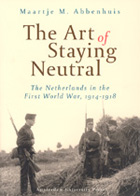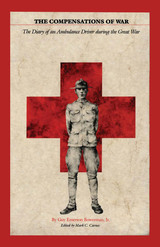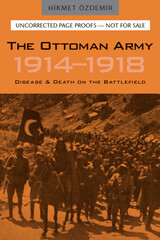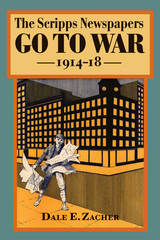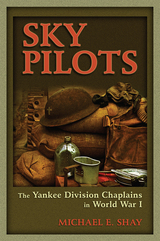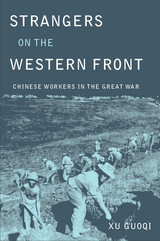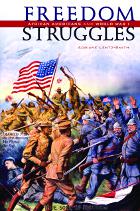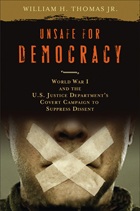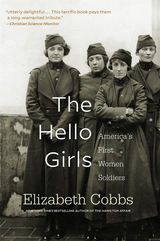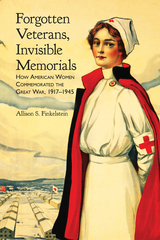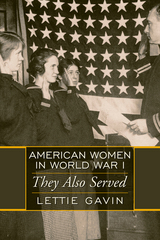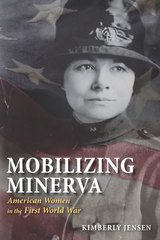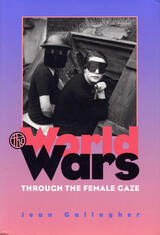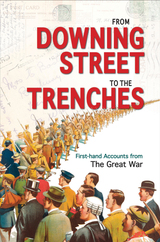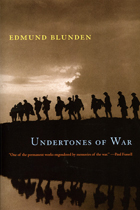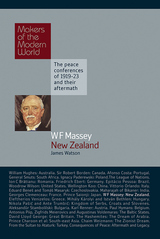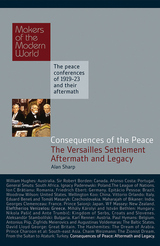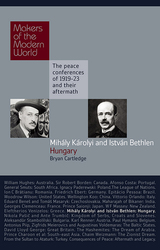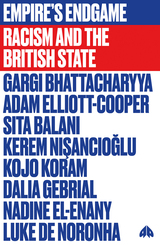Unsafe for Democracy: World War I and the U.S. Justice Department's Covert Campaign to Suppress Dissent
University of Wisconsin Press, 2009
Cloth: 978-0-299-22890-3 | Paper: 978-0-299-22896-5 | eISBN: 978-0-299-22893-4
Library of Congress Classification D639.P77T56 2008
Dewey Decimal Classification 940.31
Cloth: 978-0-299-22890-3 | Paper: 978-0-299-22896-5 | eISBN: 978-0-299-22893-4
Library of Congress Classification D639.P77T56 2008
Dewey Decimal Classification 940.31
ABOUT THIS BOOK | AUTHOR BIOGRAPHY | REVIEWS | TOC | REQUEST ACCESSIBLE FILE
ABOUT THIS BOOK
During the First World War it was the task of the U.S. Department of Justice, using the newly passed Espionage Act and its later Sedition Act amendment, to prosecute and convict those who opposed America’s entry into the conflict. In Unsafe for Democracy, historian William H. Thomas Jr. shows that the Justice Department did not stop at this official charge but went much further—paying cautionary visits to suspected dissenters, pressuring them to express support of the war effort, or intimidating them into silence. At times going undercover, investigators tried to elicit the unguarded comments of individuals believed to be a threat to the prevailing social order.
In this massive yet largely secret campaign, agents cast their net wide, targeting isolationists, pacifists, immigrants, socialists, labor organizers, African Americans, and clergymen. The unemployed, the mentally ill, college students, schoolteachers, even schoolchildren, all might come under scrutiny, often in the context of the most trivial and benign activities of daily life.
Delving into numerous reports by Justice Department detectives, Thomas documents how, in case after case, they used threats and warnings to frighten war critics and silence dissent. This early government crusade for wartime ideological conformity, Thomas argues, marks one of the more dubious achievements of the Progressive Era—and a development that resonates in the present day.
“Recommended for all libraries.”—Frederic Krome, Library Journal
Best Books for Special Interests, selected by the American Association of School Librarians
“Recommended for all libraries.”—Frederic Krome, Library Journal
See other books on: Freedom of speech | Intelligence & Espionage | Protest movements | World War I | World War, 1914-1918
See other titles from University of Wisconsin Press

